Advertisement
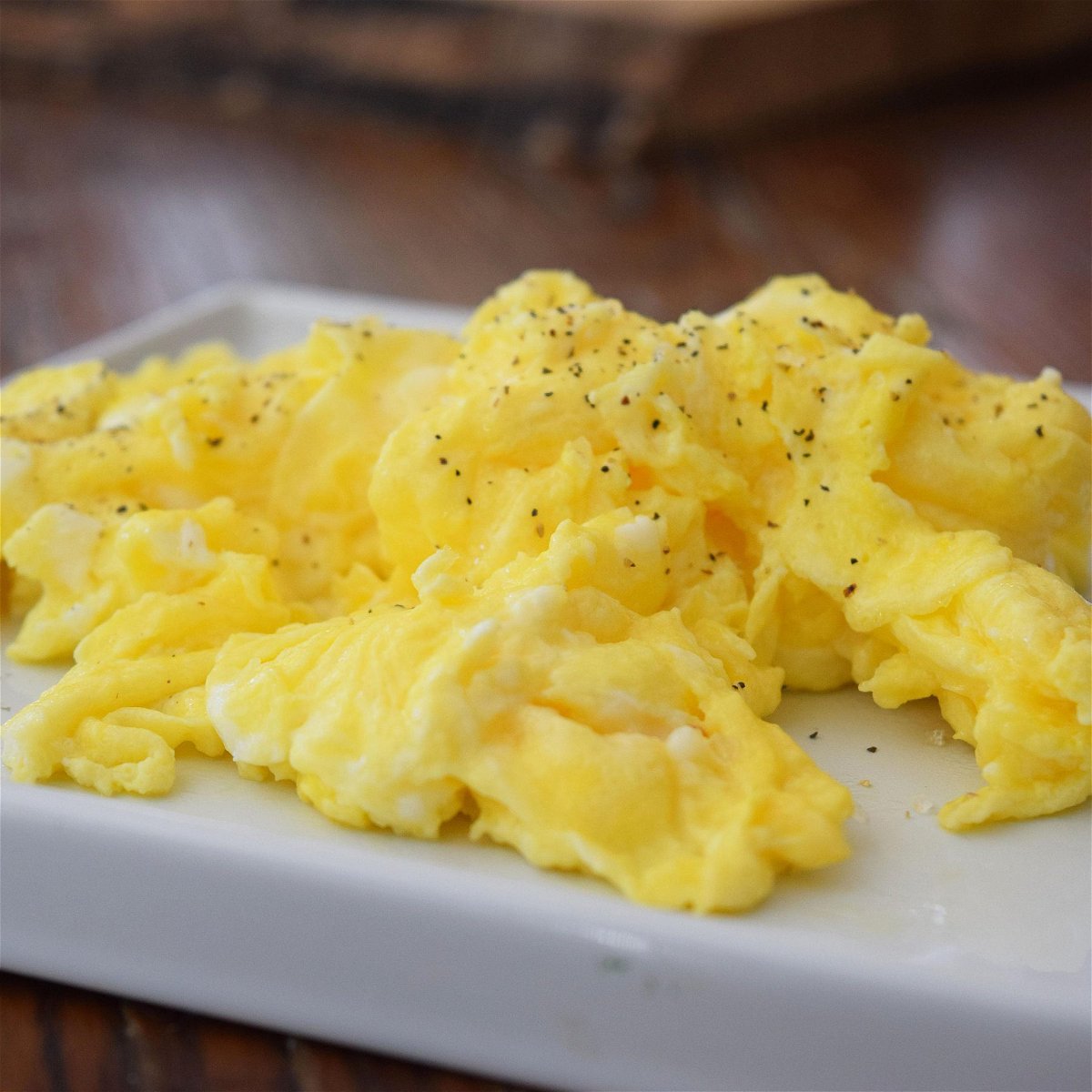 The Biggest Mistakes You’re Making With Eggs
The Biggest Mistakes You’re Making With Eggs
Advertisement
Say, remember when you were 10 and you were so proud of yourself because you had learned how to cook eggs all by yourself? Now we imagine you look back and think, “Wow, there was nothing impressive about that at all! I sure was a lame child!” Well, you might be an adult now, but we’re here to say that when it comes to making eggs, your culinary skills haven’t improved, to say the least! We’re talkin’ a lot of mistakes, folks. The kind of screw-ups that deserve a visit from the much feared Food Police. But lucky for you, we’re here to help you see the error of your ways and demonstrate that with just a few changes, you’ll be making eggs that are better than anything the 10-year-old version of you could ever dream of!

1. Cooking the eggs right out of the fridge
Did we just blow your mind… because we’re pretty sure we did! If you’re cooking your eggs straight out of the fridge, you run the risk of having them steam when frying. Who’d want that? Yikes! Instead, we suggest letting the eggs reach room temperature and then when you cook standard fried eggs, add a small amount of water and put a lid on the pan. Eggs are plenty fickle, guys.
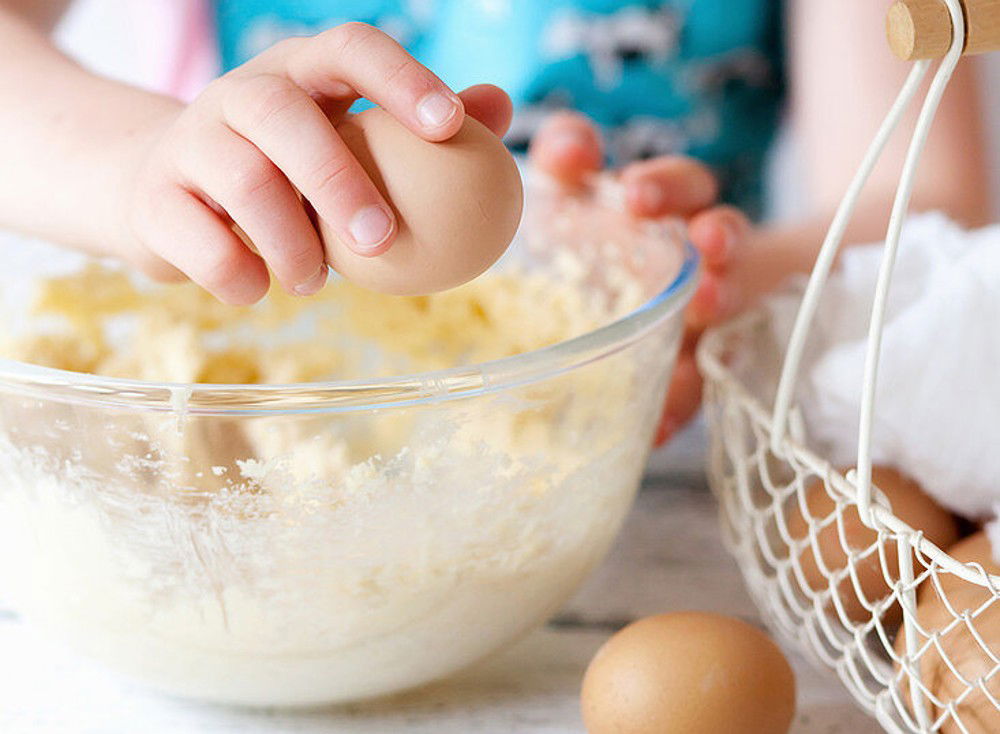
2. Cracking eggs on the mixing bowl
Be honest, all of you have committed the deadly sin of cracking eggs on the rim of a mixing bowl. But not us, of course. Our methods are always good and pure. You face three problems when you do this. First, you expose the bowl to potential bacteria, especially if you are mixing in other ingredients. Second, you might end up with pieces of eggshell in the mixture. You certainly don’t want that, friends. Finally, you face the prospect of a broken yolk and that’s sad! To avoid all of these issues, crack your chicken embryos over a flat service, understand?
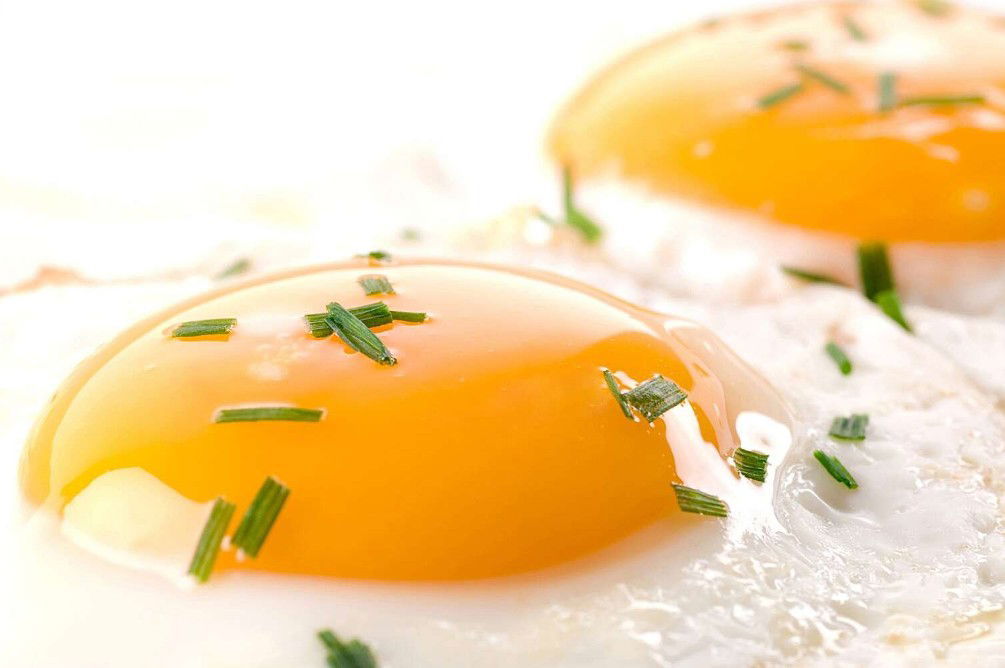
3. Cooking eggs in the pan until they’re finished
We get that when it comes to cooking most things, you’d want them to be completely cooked in the pan before serving. But guess what? It’s an entirely different story with eggs. If you cook those suckers until they’re completely done, you’ll make them good eggs go bad! We’re talking about a dry, flaky texture that nobody is going to want to put into their mouth! The actual method is to remove your eggs from the stove when they’re slightly undercooked and allow the residual heat to do the rest. By the time you’ve moved the eggs from the pan to the plate and onto that fork, they’ll taste like they were prepared by a master chef. But they weren’t! You made them! In your kitchen! While in your underwear!
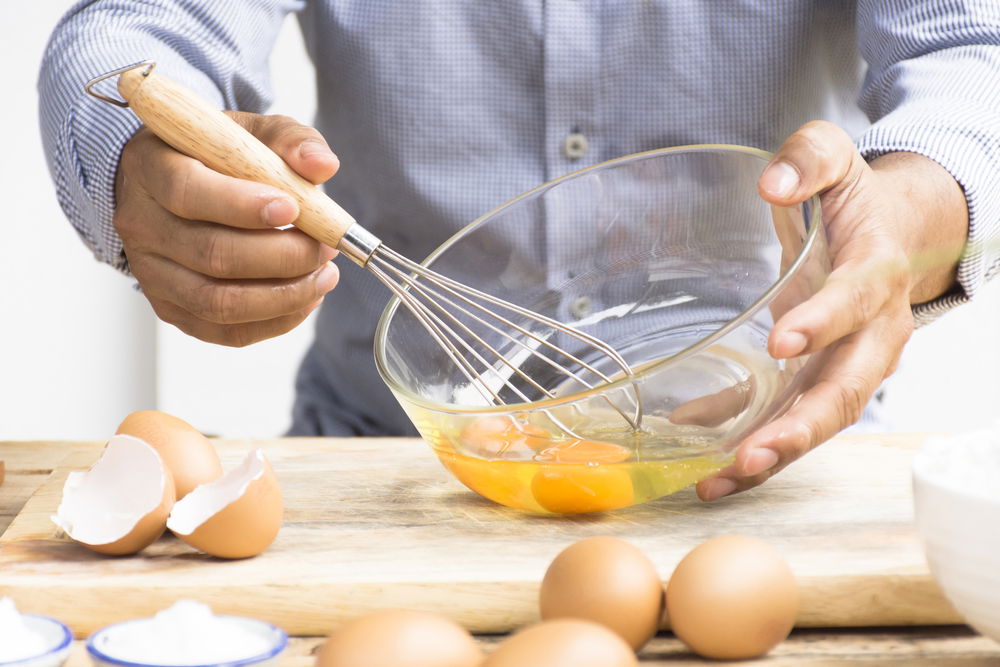
4. Not whisking your scrambled eggs beforehand
We’re going to be frank with you, boys and girls. If you are waiting until the eggs are in the pan before you whisk them, you only have yourself to blame when your guests eat the finished product and then unfriend you from Facebook. Your initial step before you start cooking them is to whisk them thoroughly in a bowl. This process will create air, and that in turn makes for eggs so fluffy you’ll fulfill your dream of eating clouds without having to break your airplane window and stick your head out, which is absolutely committing a felony, by the way.
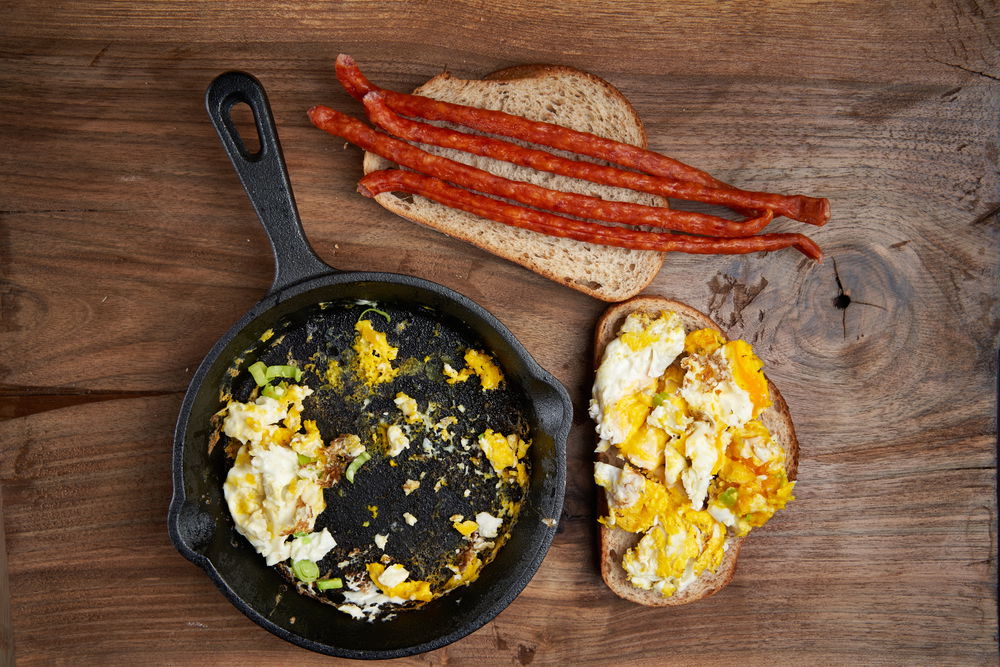
5. Not using a non-stick pan
If you ever watch those news debate shows on TV, you’ll notice they’re often interrupting and shouting over each other when discussing which type of pan is best for cooking eggs. Some will claim it’s cast iron. Others will insist you should go with stainless steel. We’re here to say both sides are dead wrong! You should always choose a nonstick pan. Cast iron is ideal for searing, and while this is great when cooking fish or beef, it’s not the method you want when making eggs. Stainless steel isn’t a good idea because the eggs will stick to the pan, resulting in dry, charred crumbs. But with non-stick, your eggs can glide back and forth in peace and harmony with the universe.
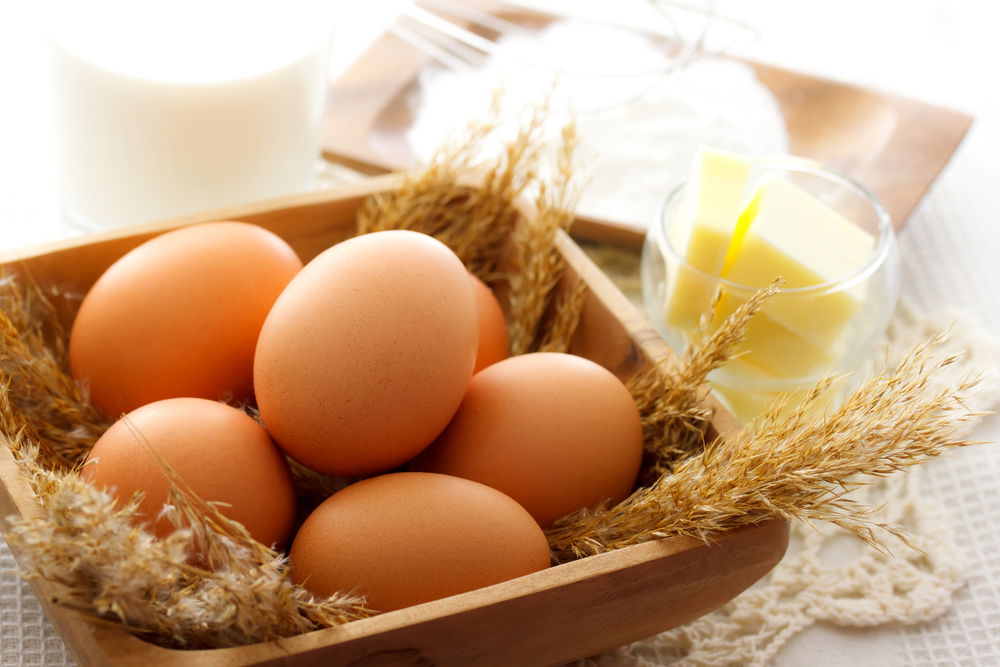
6. Not using butter while cooking the eggs
We’re pretty good at reading minds over here, which is why we know you’re wondering why you’d need to coat the pan with anything if the whole point of a non-stick pan is to, you know, keep things from sticking onto said pan? We typically don’t answer ridiculous questions around here, but we’ll make an exception in this case because we like you a lot. Get this: cooking your eggs with butter makes them taste better! And as you’re saying, “Ahha! But what about all that…” we’ll interrupt you before you get to the word “fat” and kindly remind you that fat is not inherently evil. It keeps us full and satisfied, which means we’re not hungry and downing a whole can of Pringles later.